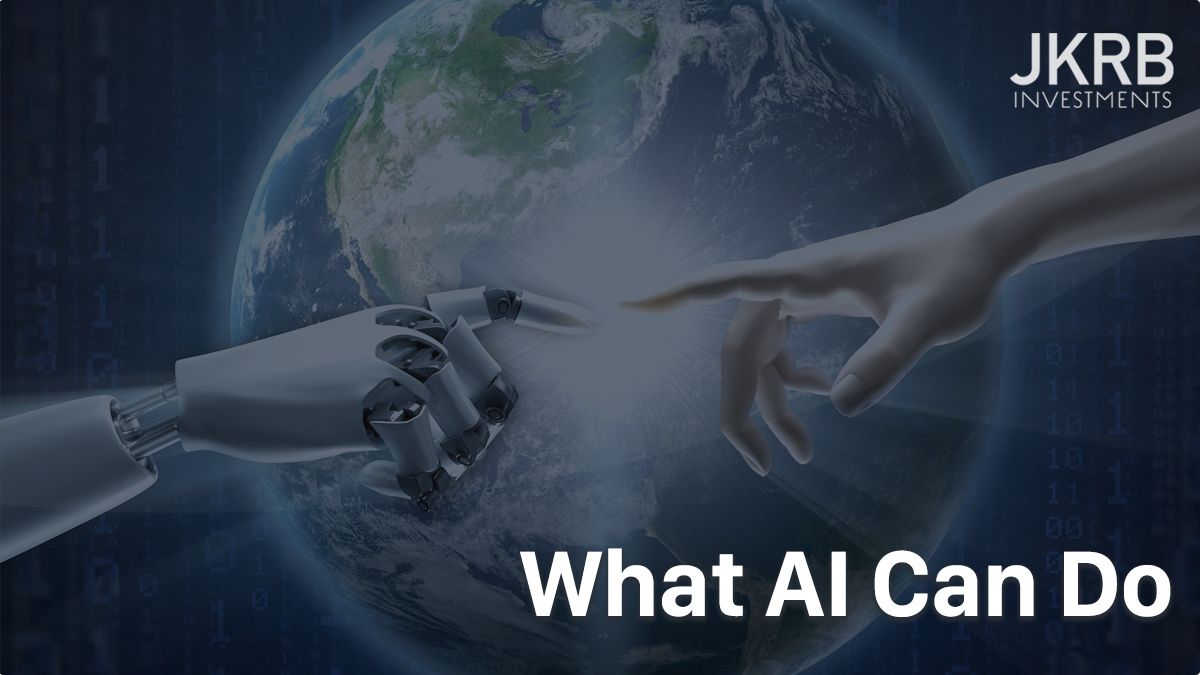
Other than Blockchain and Cryptocurrency AI has been a buzzword and has been used a lot by companies for marketing gimmicks, especially in the past 3 years. But in general, the term "artificial intelligence" is not very well defined in the minds of the general population.
AI used to be thought of as systems; for example, the kind of systems that fly airplanes were referred to as AI. Once they were working routinely as expected, and everyone took them for granted, they were no longer thought of as AI anymore.
Perhaps this suggests that AI is more broadly used as a term to describe a system that is not understood, at least by those without a scientific background.
Right now when people talk about AI, they are mostly talking about Machine Learning, a subfield of computer science that dates back at least to the 1950s. And the methods that are popular today are not fundamentally different from the algorithms invented decades ago.
So why is AI taking off again right now?
It's data. We as collectors of data have been collecting more and more data over the last 20 years for many applications, as technical breakthroughs have allowed us to – storage, connectivity, speed, and cost having been major bottlenecks.
We have recently accumulated so much data that traditional learning algorithms have not been able to effectively take advantage of it. So the data scientist community are continually inventing new algorithms and building progress for this industry for data processing.
Similar to centralized electricity grids, having started about 100 years ago, AI is transforming multiple industries. Given a research from Mckinsey Global Institute, very few occupations – less than 5 percent are candidates for automation today.
That's because most jobs are made up of a bunch of different tasks and most of today's AI can only do one task.
Things like managing people, including creativity, decision making, judgement and caring work that require sympathy or human interaction with emotion associated with. Those are much harder things to automate.
But AI can be really good at their tasks. A deep neural network watched 5000 hours of BBC news with captions and now it can read lips better than human professionals. And machine learning algorithms trained on images of tumors can predict lung cancer survival better than human pathologists.
A lot of machine learning at this stage is very superficial and brittle. It is based on immediately observable features, which means it can translate 37 languages - but does not know what a chair is for.
We as humans have the ability to conceive how things work together while machine learning can only work isolated tasks in a faster, more effective way than we can.
I can today use AI to help me represent this insight better by correcting my grammar mistakes, and how it looks - but it couldn't write it with its own thought – at least not today.